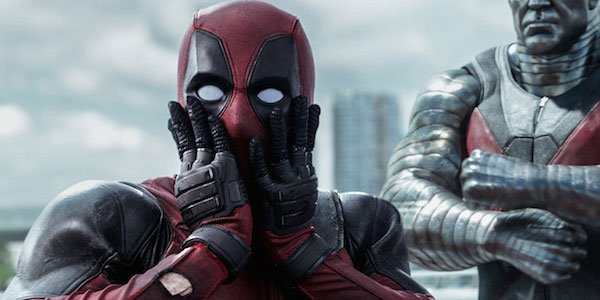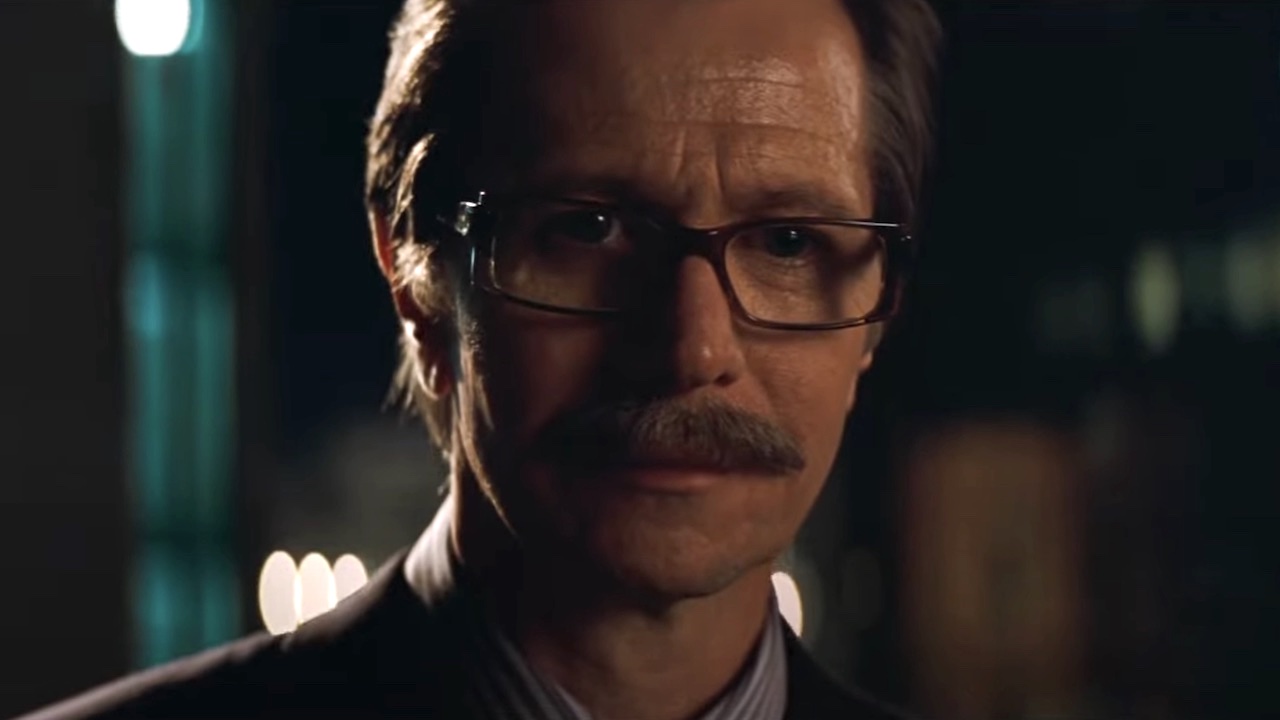Why Deadpool Decided To Ignore The X-Men Movie Timeline

Tim Miller’s Deadpool is definitely set within the universe created by the larger X-Men franchise, but it doesn’t exactly pay a ton of attention to continuity. The version of Colossus that’s featured is entirely different than the one played by Daniel Cudmore in X2: X-Men United, X-Men: The Last Stand, and X-Men: Days of Future Past; and despite being played by the same actor (Ryan Reynolds), the Wade Wilson character is entirely different than the one featured in the 1980s-set X-Men Origins: Wolverine. Fans may question this decision, but writers Rhett Reese and Paul Wernick have some pretty solid excuses for it: their desire to fix mistakes of the franchise’s past, and create a film entirely representative of its insane titular lead.
I had the pleasure of chatting with Reese and Wernick about all things Deadpool late last week, and it was right at the top of the conversation that I brought up the subject of the movie’s connection to the larger X-Men universe. Discussing their approach, they explained that a significant part of their earliest work focused on doing right by characters that had been done wrong by the movies of the past – and many of those ideas simply stuck around as the screenplay went through six years of development. Said Rhett Reese,
We made a very early decision to ignore the previous incarnation of Deadpool in [X-Men Origins:] Wolverine, and maybe not even ignore it, but make fun of it even. It was so opposite what Deadpool fans envisioned for that character, so we kind of threw that overboard. And over time, yes, the X-Men ended up going back into the past and then working their way back to the present - obviously now with each subsequent movie. But we made a decision early on to put Colossus in there, because we didn’t feel like he had been given the best representation in the early movies. It wasn’t like he was misrepresented. He was just ignored a little bit.
Obviously the goal is that fans appreciate the better versions of the character more than they dislike the continuity alteration… but as backup the writers also made an interesting point about Deadpool as well. The Merc With The Mouth is a rare comic book hero who has the awareness that he is a comic book hero (constantly portrayed in regular fourth wall breakage), and as such doesn’t really have to play by the same laws as everybody else. Or as Paul Wernick put it,
The great thing about Deadpool is you not only can break all of the rules, but you should break all of the rules. So, really it allows us to go just absolutely bat-shit crazy with anything that comes to mind.
The perfect example of this is Deadpool’s comic book origin story… or rather his confusing lack-of-one. While comic writer Joe Kelly was the first to script the anti-hero’s history with The Program that Rhett Reese and Paul Wernick adapted for the Deadpool film, that story has been called into question multiple times in the comics, and there’s even been some suggestion that Deadpool actually stole the identity of Wade Wilson and is really a mercenary named Jack. The guy is basically a hyper-violent cartoon character, and his altered perception on everything means that basically every story we hear, read or see about him comes from an unreliable narrator’s perspective.
If you’re concerned that Deadpool will always drift a bit away from the larger X-Men world, however, I wouldn’t fret too much. Rhett Reese and Paul Wernick recognize the potential in the future for the main X-Men movies to catch up with their deadly anti-hero, and are mentally preparing to take on the narrative challenges that will be presented. Reese told me,
We had fun with it, and at some point, I think we might have to make some hard decisions, but hopefully the X universe will have caught up by that point and it’ll make it easier on us.
Deadpool arrives in theaters this Friday, February 12th, and I would highly recommend staying tuned to CinemaBlend for more from my interview with Rhett Reese and Paul Wernick!
CINEMABLEND NEWSLETTER
Your Daily Blend of Entertainment News

Eric Eisenberg is the Assistant Managing Editor at CinemaBlend. After graduating Boston University and earning a bachelor’s degree in journalism, he took a part-time job as a staff writer for CinemaBlend, and after six months was offered the opportunity to move to Los Angeles and take on a newly created West Coast Editor position. Over a decade later, he's continuing to advance his interests and expertise. In addition to conducting filmmaker interviews and contributing to the news and feature content of the site, Eric also oversees the Movie Reviews section, writes the the weekend box office report (published Sundays), and is the site's resident Stephen King expert. He has two King-related columns.
